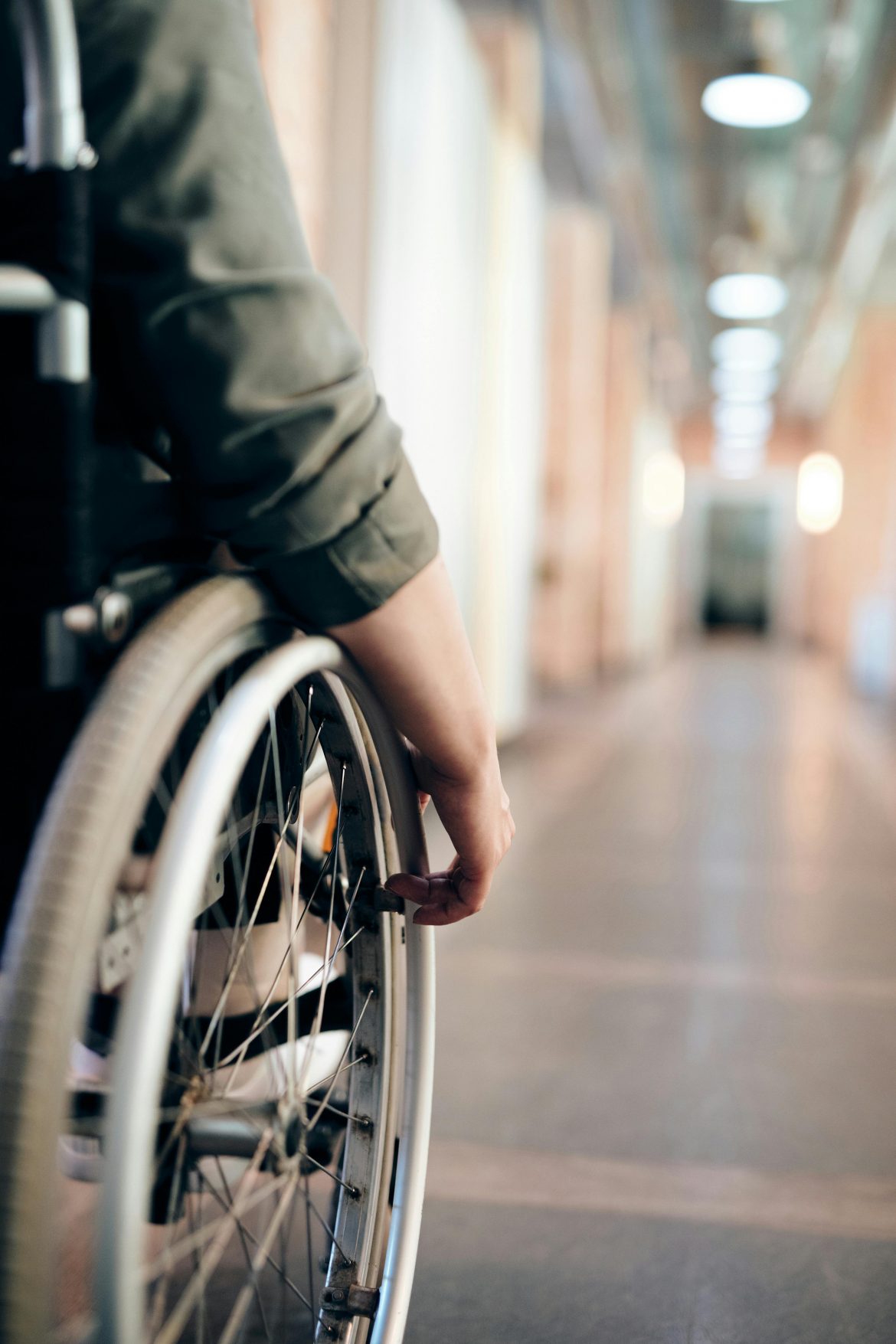Travel is for everyone. The joy of discovering new places, experiencing different cultures, and making memories shouldn’t come with limitations — and yet, for those living with physical challenges or disabilities, travel can sometimes feel more daunting than delightful.
But with the right preparation, mindset, and resources, an unforgettable and enjoyable vacation is absolutely within reach.
Here are some practical, empowering travel tips designed to help physically challenged travellers fully enjoy their next adventure:
Plan ahead (and then plan a little more)
While spontaneity has its charm, accessible travel thrives on preparation. Research your destination thoroughly:
-
Look up accessible hotels, transport options, and attractions.
-
Call ahead to confirm the availability of ramps, elevators, and accessible restrooms.
-
Check if museums or sites offer free entrance or special accommodations for travellers with disabilities.

Choose accommodations wisely
When booking a hotel or accommodation:
-
Look for listings that clearly state they’re wheelchair-accessible or mobility-friendly.
-
Ask detailed questions — are there steps at the entrance? How wide are the doorways? Are grab bars available in the bathroom?
-
Request photos if possible, or read reviews from other disabled travellers.
Pro tip: Some luxury resorts even offer beach wheelchairs or pool lifts, so don’t hesitate to ask what’s available.
Notify airlines & transportation providers early
Flying? Let the airline know about your specific needs when booking. Most major airlines offer:
-
Priority boarding
-
Assistance at the airport
-
Wheelchair rentals or escort services
-
Accommodation for service animals
Also, consider direct flights when possible to avoid the stress and risk of transferring during layovers.
For ground travel, pre-book accessible taxis or rental vehicles with hand controls. Many train and bus services also offer assistance if notified in advance.
Pack smart — and with purpose
Essentials to consider:
-
A medical kit with prescriptions, spare parts for mobility aids, or other medical devices
-
Travel insurance that covers medical emergencies and equipment
-
Comfort items like neck pillows, compression socks, or a cooling fan
-
A printed list of emergency contacts and medical information
If you’re using a wheelchair, don’t forget an adapter for charging your chair if traveling internationally.
Know your rights
Whether you’re traveling domestically or abroad, educate yourself on disability rights in the country you’re visiting. In Europe, there are EU disability travel rights — though implementation can vary by country. In the U.S., the ADA (Americans with Disabilities Act) protects disabled travellers.
Carry a copy of your rights or documentation that can help in a pinch, especially at airports or border crossings.
Go with the flow — and be kind to yourself
If something does go wrong, remember: you’re resilient, resourceful, and deserve to enjoy your vacation just as much as anyone else.It might take a little more prep, a little more patience, and a whole lot of courage, but the world is waiting for you — and you absolutely belong in every part of it.
ALSO SEE:
Feature Image: Pexels

